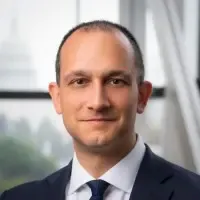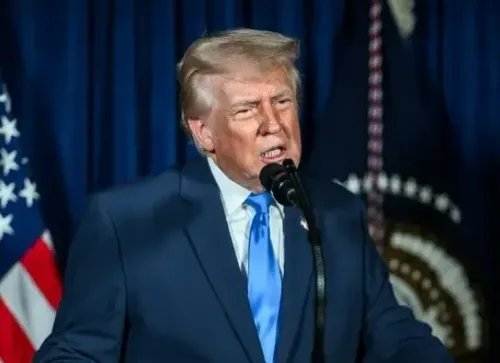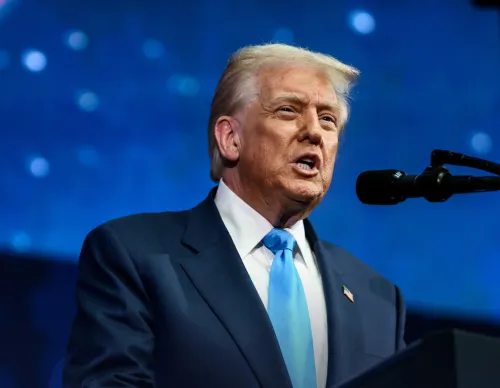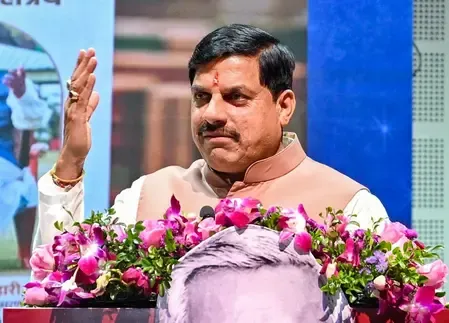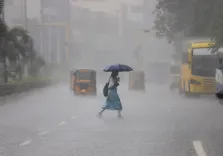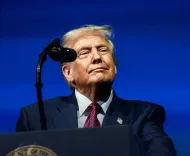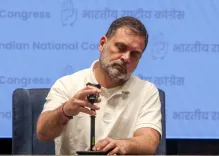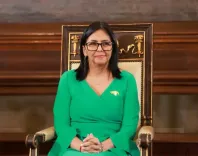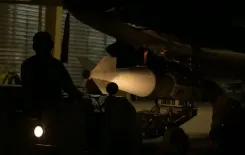Is the Era of War Truly Over? Iltija Mufti's Call for Restraint
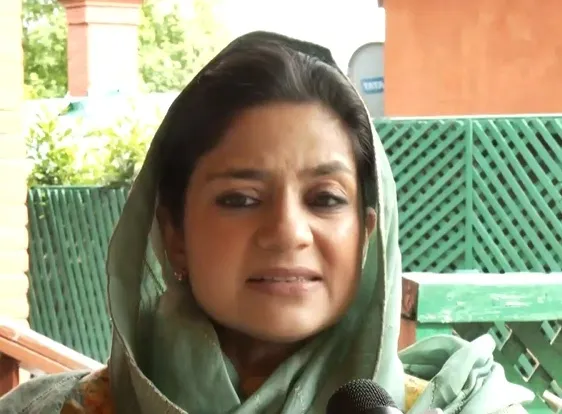
Synopsis
Key Takeaways
- Iltija Mufti advocates for peace over conflict amidst rising tensions.
- War has severe consequences for the people of Jammu and Kashmir.
- Retaliation is necessary, but it should not escalate into war.
- Prime Minister Modi's statement on the 'era of war' underscores the importance of diplomacy.
- Local leaders must prioritize the interests of J&K residents over political narratives.
New Delhi, May 6 (NationPress) In light of the rising tensions between India and Pakistan following the tragic attack in J&K's Pahalgam on April 22, People’s Democratic Party (PDP) leader Iltija Mufti has urged the Central government to refrain from escalating conflicts with the neighboring country, asserting that war is not a solution to crises.
While she called for accountability and action against Pakistan for the heinous terrorist act in Pahalgam's Baisaran meadows that claimed the lives of 26 tourists, she did not endorse a full-scale military response.
Iltija Mufti, daughter of Mehbooba Mufti, made these remarks during a special discussion with IANS. She highlighted that the repercussions of war are predominantly borne by the residents of border states, and reminded Prime Minister Modi of his previous assertion that the 'era of war is over'.
She stated, “Whenever discussions arise about war or military action, it is the people of J&K who bear the brunt, as we are a border state. We are the ones who will endure, and we will face collateral damage.”
While recognizing the government's authority to implement necessary actions to ensure law and order, she cautioned against large-scale military engagement.
“Some matters are beyond your control. The government must take appropriate steps for retaliation, whatever they deem necessary to uphold law and order and maintain India's security. However, war is never the solution,” she emphasized.
She also referenced Prime Minister Modi's comments during his visit to Russia, saying, “Modi ji, when he went to Russia, stated that ‘the era of war is over.’ This implies that the time of war is behind us, and it is vital to remember this.”
She further criticized J&K Chief Minister Omar Abdullah for the handling of law and order in Kashmir and his silence on the Waqf amendments.
“Since 2019, the people of J&K have faced immense challenges, and they must advocate for a greater cause. The narrative being pushed by NC regarding statehood aligns with that of the BJP. NC did not address the Waqf issue in the Assembly, nor did the BJP. If NC merely echoes the BJP's stance, what's the purpose of electing 50 MLAs? If you are just going to follow the BJP's narrative, then you are betraying the people of J&K,” she asserted.


